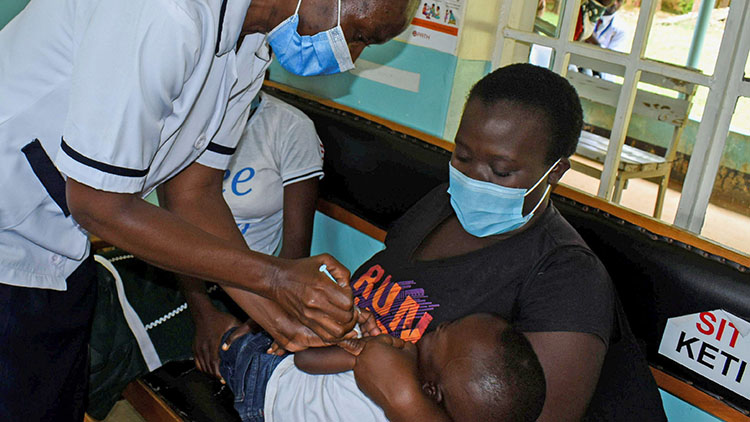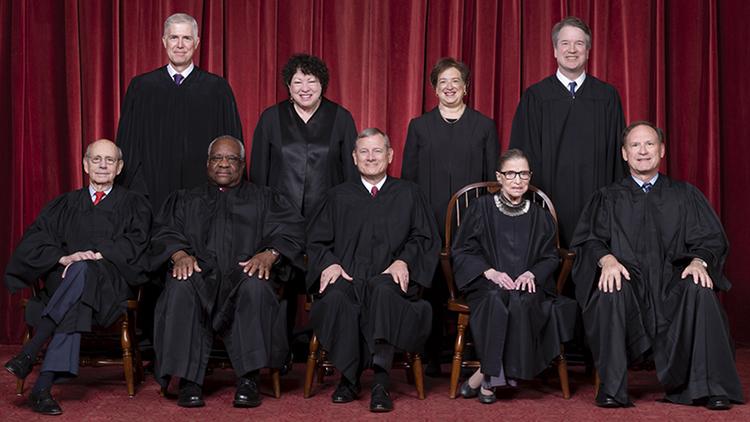
For the first time ever, the World Health Organization (WHO) approved a vaccine against malaria. The vaccine, Mosquirix, doesn’t prevent all cases of malaria, but it could save the lives of tens of thousands of young children in Africa every year.
Malaria, a deadly disease caused by mosquitos, kills around 435,000 people every year. Most of the people who die of malaria live in Africa. Children are more likely to die of malaria because they’re ability to fight off the disease is weaker than adults. Before the vaccine, the main way to avoid malaria was to avoid mosquitos. But this isn’t practical in places where people live in homes with open windows. Mosquito nets help, but they are not completely effective against mosquitos.
Because malaria is caused by mosquitos, it’s harder to create a vaccine against the disease. Mosquirix is the first vaccine ever developed against a mosquito. It will prevent around 30% of all cases of malaria. That doesn’t seem like much, but over 250,000 children die from malaria every year. So, preventing even 30% of cases will save many lives! The vaccine, combined with treatments will also protect against more serious side effects of the disease.
There are still more steps needed to distribute the vaccine throughout Africa. But having the World Health Organization approve the vaccine is a great first step in saving many lives!
What Do You Think? Why is the malaria vaccine so important to children in Africa? If you could create a vaccine to fight a disease, what vaccine would you want to create—and why?
Photo Credit: James Keyi/REUTERS/Alamy Stock Photo



